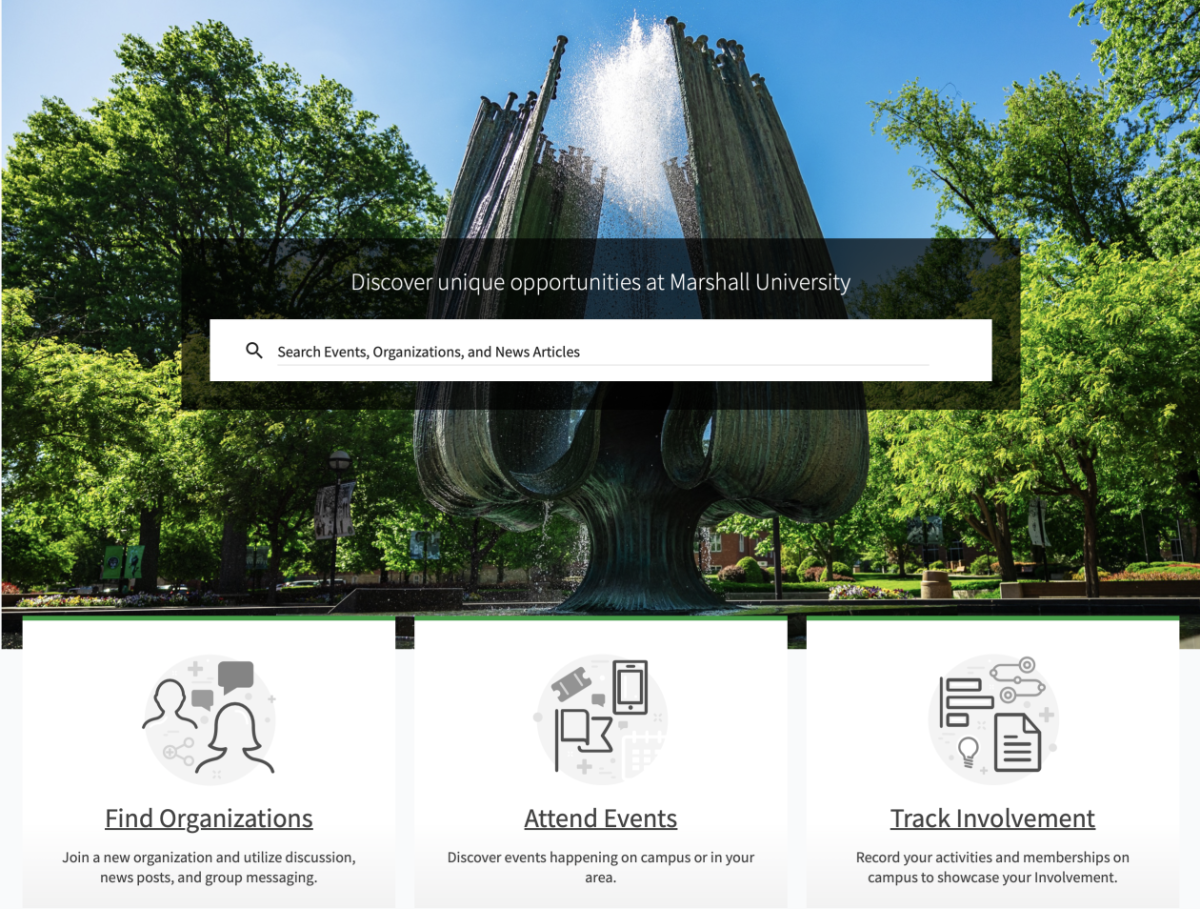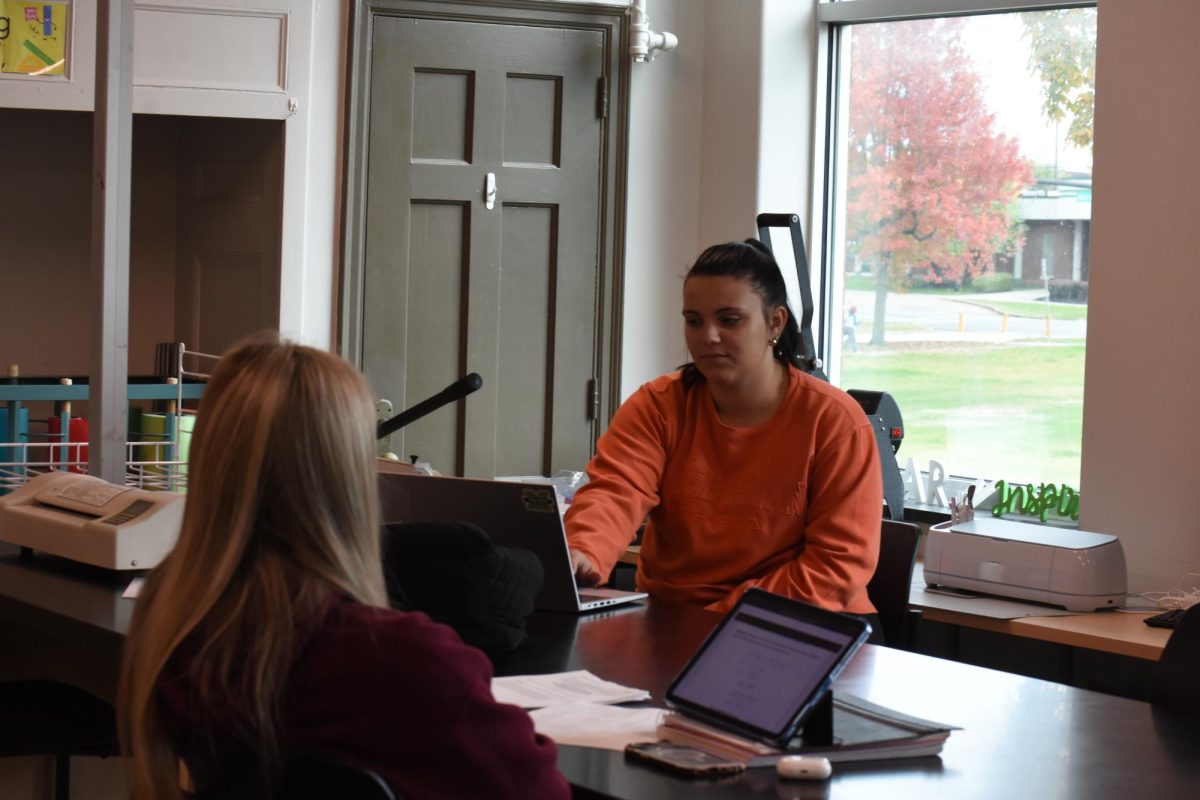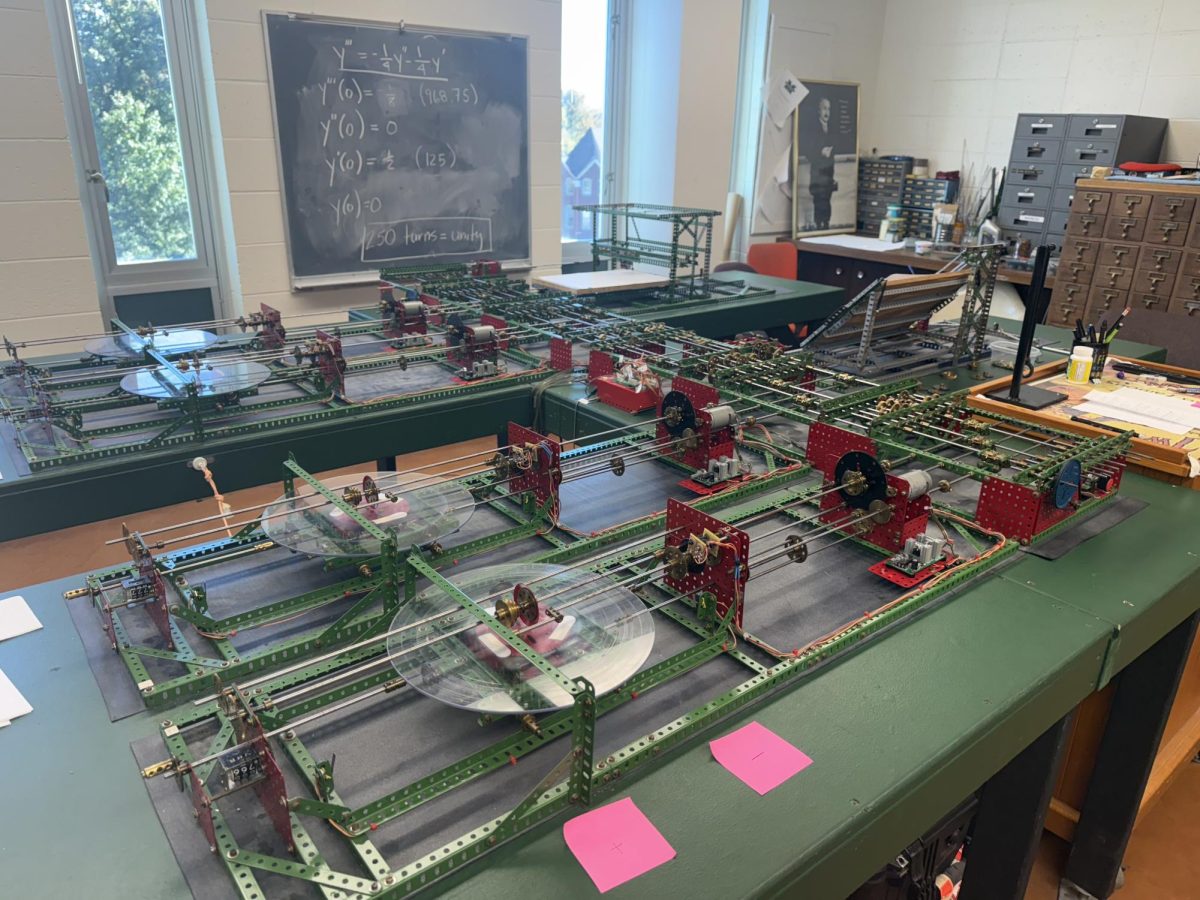Juggling class schedules isn’t the only stressor many Marshall students face. Rising costs of rent, food, tuition and textbooks mean more students are clocking in for part-time jobs while trying to keep up with their coursework.
Recent numbers show just how many are feeling the strain. According to Marshall’s 2023–24 Undergraduate Graduation Survey for the Lewis College of Business, 49% of graduating seniors said they worked between 20 and 30+ hours a week, which is essentially full-time jobs on top of their studies.
Autumn Block, junior sports business major, works between 25 and 30 hours each week. She splits her time between a 15 credit hour class schedule and four to five days a week at a local hardware store.
“I’m constantly doing something pretty much every single day,” Block said. “I’ll go from class straight to work, and I don’t get home until almost 11 p.m. When I get home, I have homework. By the end of the week, I’m just exhausted. Then, I have to do it all over again.”
Block said she wishes she would have more time to focus on school and to relax, but life isn’t always so simple.
“I mean, I have bills to pay, so it’s just something that I have to do unfortunately,” she said.
Not every student works more than 20 hours a week, but sometimes even shorter hours can be just as stressful.
Brooklyn Carney, junior in early childhood education, keeps her hours closer to 15 each week at a local daycare center.
“I try to keep my hours short because I really don’t want to get behind in my classes,” Carney said. “When something comes up or I just need the extra money, I’ll pick up a couple extra shifts.”
Carney often tries to squeeze in homework or studying during breaks and nap-time while at work at the daycare. Still, she admits the balance can be hard to handle.
“Some weeks, everything just piles up at the same time, and I feel like I’m just going crazy trying to get it all done,” she said.
Balancing work and school doesn’t just eat into time, it chips away at mental health. Students can typically experience higher stress levels, irregular sleep schedules and less time for self-care or social connections. What starts as a way to cover bills can quickly feel like a cycle of exhaustion, leaving many students with little energy to fully engage in their classes or campus life.
Programs and services at Marshall, like Marshall Works, the Office of Career Education and Handshake, aim to connect students with flexible, career-related jobs and internships. Many places on campus hire dozens of students each semester with shifts that adapt to class schedules; however, the opportunities are usually limited with the number of students looking for employment.
“I know that my job makes me more prepared for my future career,” Carney said. “I just wish I didn’t feel like I had to sacrifice part of my education that is also supposed to help prepare me.”
The question is how can students earn a paycheck without sacrificing their GPAs and their mental health?
The toll can be seen as more than just tiredness. Balancing jobs and classes can lead to burnout, rising anxiety and a sense of never being able to fully catch up.
“I don’t hate working,” Block said, “but I do think sometimes how I would be doing in school if I didn’t have to.”
Ella Hatfield can be contacted at [email protected].




















